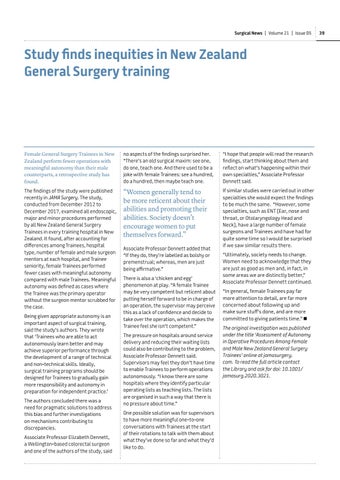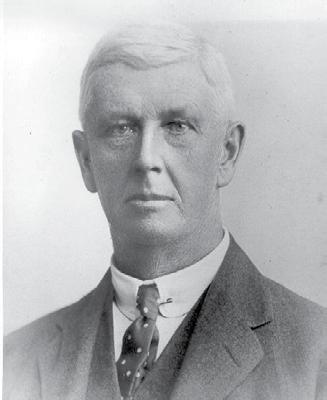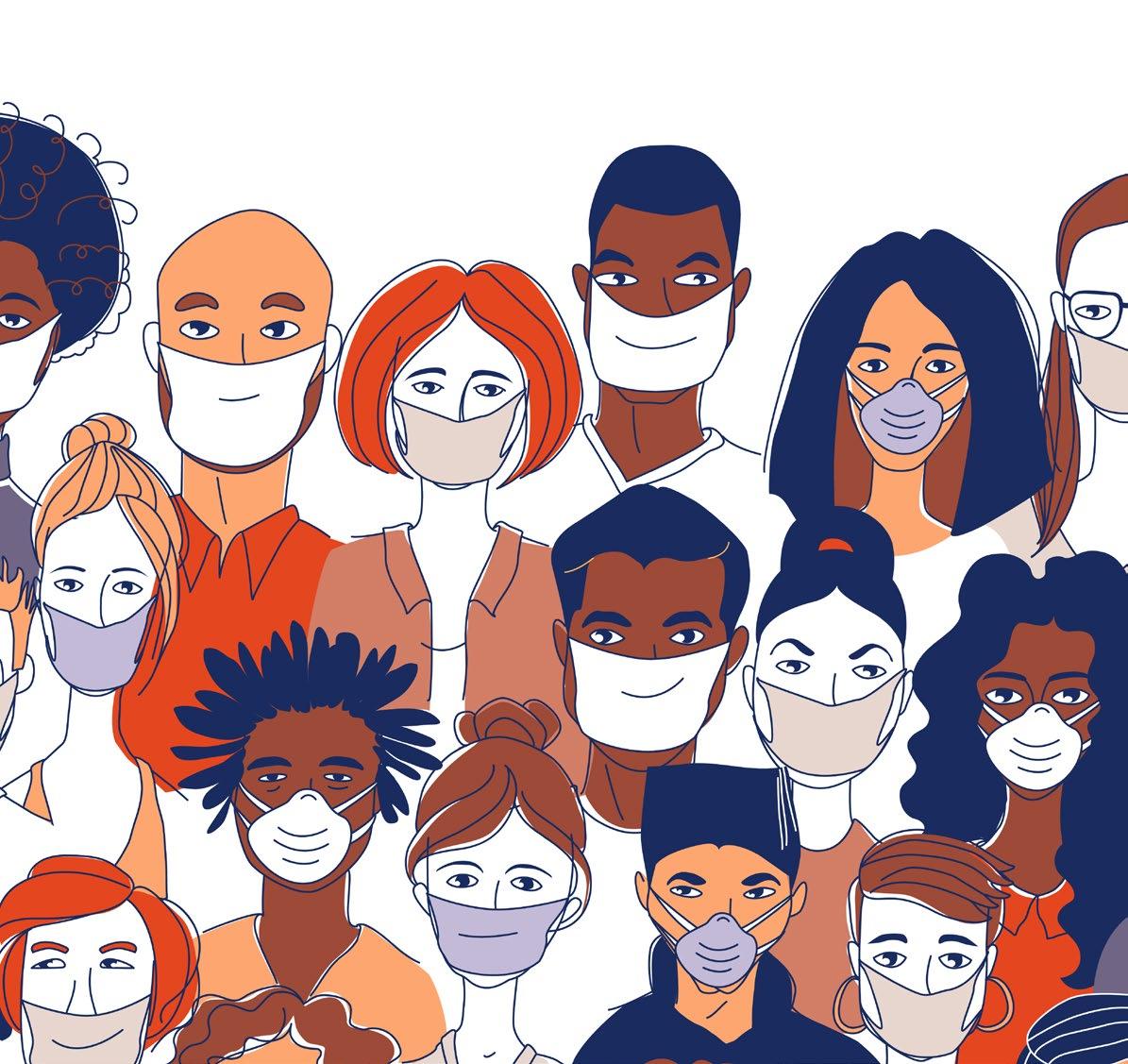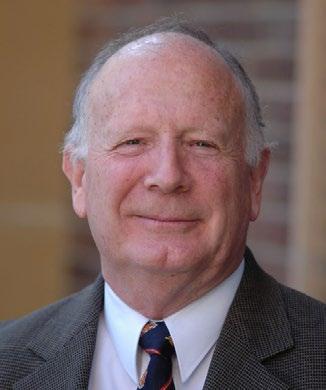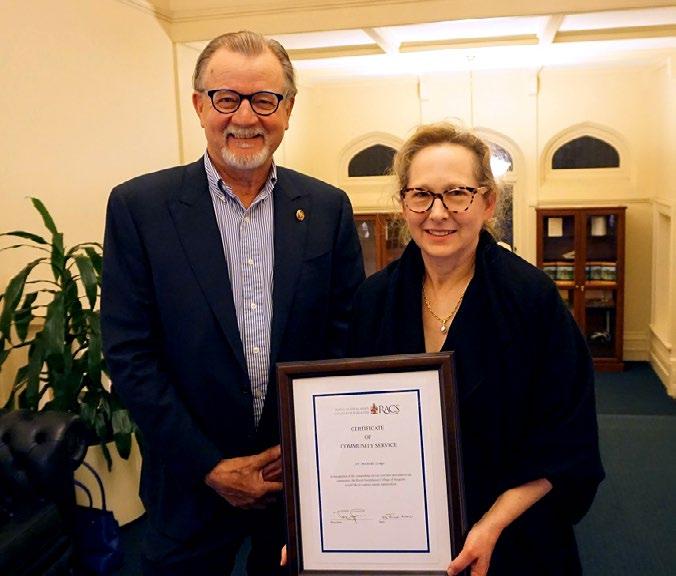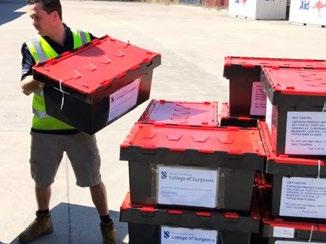Surgical News | Volume 21 | Issue 05
Study finds inequities in New Zealand General Surgery training
Female General Surgery Trainees in New Zealand perform fewer operations with meaningful autonomy than their male counterparts, a retrospective study has found.
no aspects of the findings surprised her. “There’s an old surgical maxim: see one, do one, teach one. And there used to be a joke with female Trainees: see a hundred, do a hundred, then maybe teach one.
“I hope that people will read the research findings, start thinking about them and reflect on what’s happening within their own specialties,” Associate Professor Dennett said.
The findings of the study were published recently in JAMA Surgery. The study, conducted from December 2012 to December 2017, examined all endoscopic, major and minor procedures performed by all New Zealand General Surgery Trainees in every training hospital in New Zealand. It found, after accounting for differences among Trainees, hospital type, number of female and male surgeon mentors at each hospital, and Trainee seniority, female Trainees performed fewer cases with meaningful autonomy compared with male Trainees. Meaningful autonomy was defined as cases where the Trainee was the primary operator without the surgeon mentor scrubbed for the case.
“Women generally tend to be more reticent about their abilities and promoting their abilities. Society doesn’t encourage women to put themselves forward.”
If similar studies were carried out in other specialties she would expect the findings to be much the same. “However, some specialties, such as ENT [Ear, nose and throat, or Otolaryngology Head and Neck], have a large number of female surgeons and Trainees and have had for quite some time so I would be surprised if we saw similar results there.
Being given appropriate autonomy is an important aspect of surgical training, said the study’s authors. They wrote that ‘Trainees who are able to act autonomously learn better and may achieve superior performance through the development of a range of technical and non-technical skills. Ideally, surgical training programs should be designed for Trainees to gradually gain more responsibility and autonomy in preparation for independent practice.’ The authors concluded there was a need for pragmatic solutions to address this bias and further investigations on mechanisms contributing to discrepancies. Associate Professor Elizabeth Dennett, a Wellington-based colorectal surgeon and one of the authors of the study, said
Associate Professor Dennett added that “If they do, they’re labelled as bolshy or premenstrual; whereas, men are just being affirmative.” There is also a ‘chicken and egg’ phenomenon at play. “A female Trainee may be very competent but reticent about putting herself forward to be in charge of an operation, the supervisor may perceive this as a lack of confidence and decide to take over the operation, which makes the Trainee feel she isn’t competent.” The pressure on hospitals around service delivery and reducing their waiting lists could also be contributing to the problem, Associate Professor Dennett said. Supervisors may feel they don’t have time to enable Trainees to perform operations autonomously. “I know there are some hospitals where they identify particular operating lists as teaching lists. The lists are organised in such a way that there is no pressure about time.” One possible solution was for supervisors to have more meaningful one-to-one conversations with Trainees at the start of their rotations to talk with them about what they’ve done so far and what they’d like to do.
“Ultimately, society needs to change. Women need to acknowledge that they are just as good as men and, in fact, in some areas we are distinctly better,” Associate Professor Dennett continued. “In general, female Trainees pay far more attention to detail, are far more concerned about following up and make sure stuff’s done, and are more committed to giving patients time.” The original investigation was published under the title ‘Assessment of Autonomy in Operative Procedures Among Female and Male New Zealand General Surgery Trainees’ online at jamasurgery. com. To read the full article contact the Library and ask for doi: 10.1001/ jamasurg.2020.3021.
39
